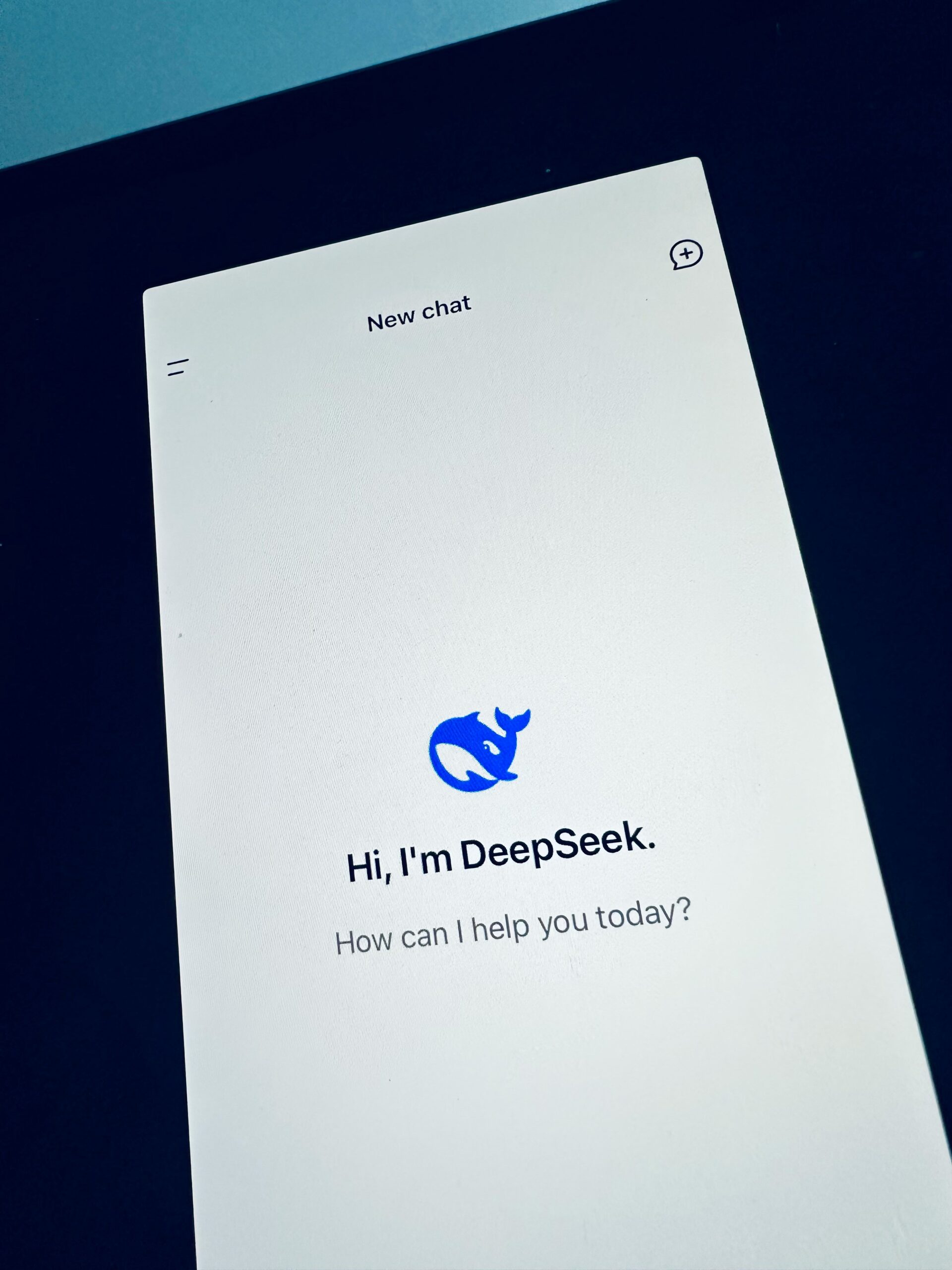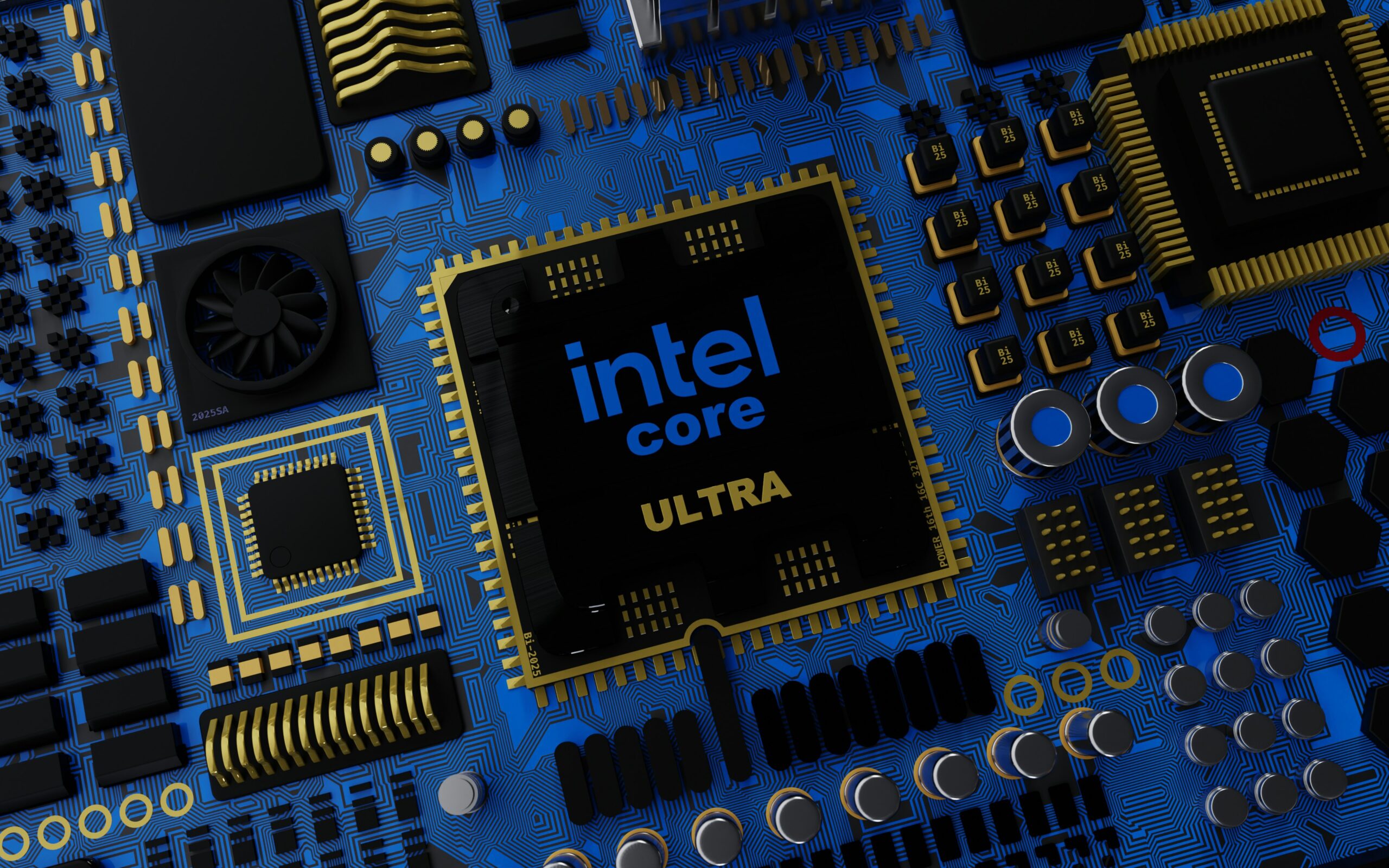Image credit: Pixabay
Patient misidentification has historically posed an issue for the healthcare industry. It has generated ripple effects throughout the system, leading to duplicate records, bungled billing, care delayed or compromised, and so on. The whole issue goes multi-layered with the influx of data from various sources like electronic health records (EHRs), digital health apps, and wearable devices. Along these lines, health systems rely increasingly on artificial intelligence (AI) to bring order into this data pool and tie critical information to the right patient.
The Rise of AI-Powered EMPI Systems
EMPI systems have fuelled this transformation. Traditionally, EMPI was used to match patient data with disparate sources. Now, AI has come to serve EMPI systems to increase accuracy drastically. These next-generation solutions recognize patterns, spot inconsistencies, and reconcile mismatches in data much faster than a team of humans. AI empowers hospitals and health networks to combine scattered patient records fragments into a single trustworthy source of truth.
Challenges of Scaling AI in Healthcare Data Matching
Despite the integration of AI in EMPI systems, the process is far from simple. Inconsistent data formats are common, at times representing incomplete or inaccurate information. Sometimes there is no middle initial, the patient’s address is outdated, or the birth date is mistyped. These systems must be trained to identify and resolve such discrepancies, ensuring they do not recognize false matches.
In Hawaii, for example, the statewide Health Information Exchange (HIE) struggled with a backlog of duplicate records that slowed care delivery. Manual review was costly and time-consuming, while record matching delays hindered care coordination across its diverse and often underserved populations.
Striking the Balance Between Automation and Oversight
According to healthcare leaders, automation is powerful, but human oversight remains indispensable. The most effective AI-driven EMPI solutions combine machine learning with human-in-the-loop review to ensure speed and confidence. With these platforms, users can fine-tune match settings and review AI-generated decisions, all while handling sensitive health data responsibly. This hybrid approach fortifies health systems to not leave critical decisions entirely to algorithms but still utilizes the efficiency of automation.
Exemplary Approach
Rhapsody stands out with its innovative approach among the companies advancing AI-driven patient matching. The digital health enablement platform has introduced a feature called Autopilot within its EMPI solution. Designed to mimic human decision-making, Autopilot automates the data-matching process while allowing users to review and adjust outcomes.
Hawaii’s HIE became an early adopter of Rhapsody EMPI with Autopilot AI to tackle duplicate record remediation at scale. Automated large-scale record review reduced staff workload and completed remediation in minutes, with half of the flagged records resolved quickly to improve provider data accuracy. Fully integrated with EMR contributors and deployed in the cloud, the system delivered measurable results: $ 900,000 in savings within 20 minutes, 646,000 potential duplicates evaluated, and 57% of these potential duplicates resolved.
“We create trust by giving [users] the transparency and control over the entire process so that they can actually bring it to where they want it to,” explained Jitin Asnaani, who leads product strategy at Rhapsody.
As the Director of IT Operations at Hawaii HIE noted, “Having AI within the EMPI significantly and positively impacts our ability to maintain accurate person data.”
This philosophy reflects a broader industry movement, empowering providers to leverage automation without losing sight of human judgment.
Final Thoughts: The Path to Widespread Adoption
The ever-growing patient data from diverse sources makes accurate patient matching a pressing need. Now, duplicate or defective records that were minor inconveniences are errors that put patient care at risk by delaying treatments and increasing costs. This is where AI-enabled EMPI systems are helping convert fragmented data into meaningful information.
As healthcare becomes increasingly data-rich, the need for accurate patient matching grows more urgent. Duplicate or flawed records are no longer minor inconveniences but errors that can jeopardize patient care by delaying treatment and inflating costs. AI-powered EMPI systems are a practical solution, turning fragmented data into actionable insights.



































































































































































































































